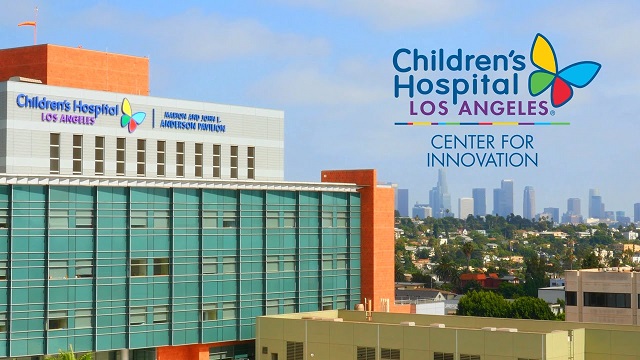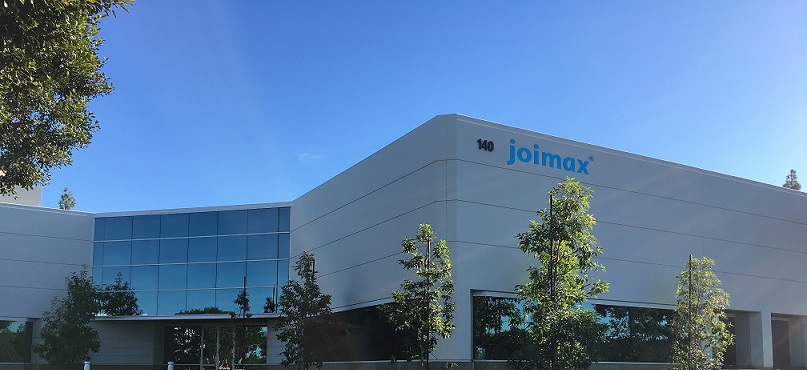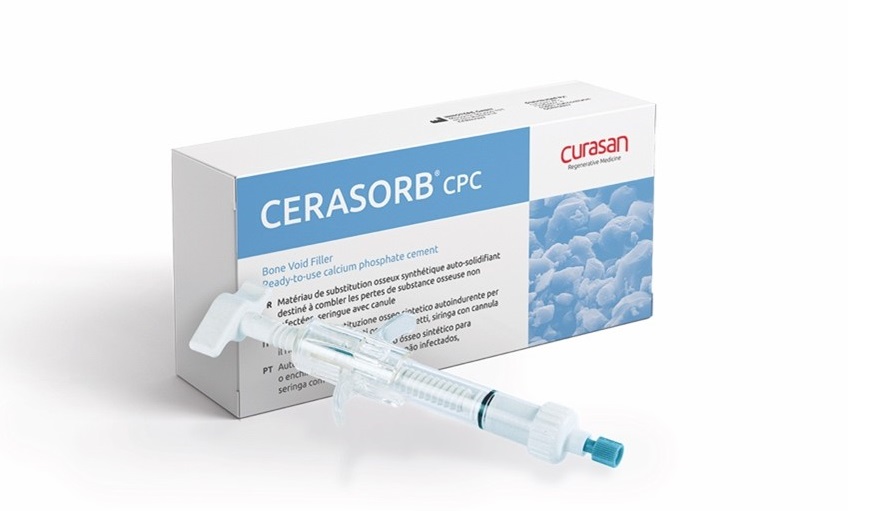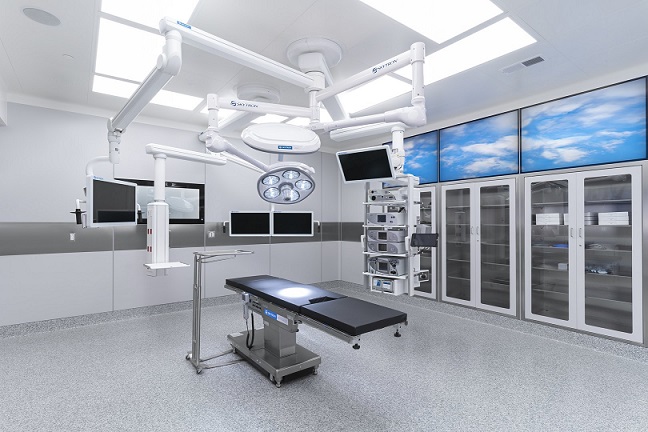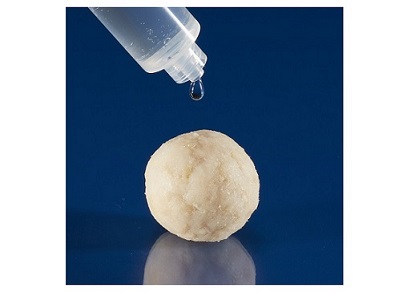July 22, 2022
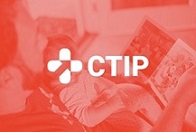
LOS ANGELES–(BUSINESS WIRE)–The West Coast Consortium for Technology & Innovation in Pediatrics (CTIP), centered at Children’s Hospital Los Angeles (CHLA), presented its 2022 Symposium entitled “Patient Impact, Patient Voice,” bringing innovators, clinicians and patient families together virtually to discuss the importance of better integrating patients and their perspectives into the design, development and research of pediatric medical devices. The symposium featured panelists comprised of patient families and advocates, CTIP-funded developers of pediatric medical devices, leaders from the Food and Drug Administration’s (FDA) Office of Strategic Partnerships and Technology Innovation, and representatives from the Eunice Kennedy Shriver National Institute of Child Health and Human Development (NICHD) and the National Capital Consortium for Pediatric Device Innovation (NCC-PDI).
“In the world of pediatric medical devices, there are a number of systemic challenges when it comes to innovation and being able to bring more devices to market to treat children. Although individuals younger than 18 years represent nearly one-quarter of the US population, less than 12 percent of the National Institutes of Health budget funds pediatric research, and less than 10 percent of all health care spending is for pediatrics,” says Juan Espinoza, MD, FAAP, Director and Principal Investigator of CTIP. “CTIP is committed to improving health outcomes for children through medical technology development and proud to support companies that are actively engaging patients to meet their needs through inclusively designed medical devices.”
The symposium featured the following CTIP portfolio members:
Restoring independence to those living with upper-arm weakness – Abilitech Medical develops assistive technologies to meet the needs of patients with upper-limb mobility limitations, providing shoulder and elbow support and assistance for patients with conditions such as muscular dystrophy.
Robotics for rehabilitation – Biomotum’s SPARK robotic ankle assistant device delivers improvements in mobility and gait quality to patients with cerebral palsy, stroke and other neurological conditions through robotic gait training.
The solution for eyelid closure – Nictavi’s Tarsus Eyelid Patch is a patented eyelid closure device which utilizes the strengths of adhesion, structure, curvature and resistance to transform cornea care.
Retraining the spinal cord and brain – SpineX develops noninvasive neuromodulation devices that send low-intensity electrical pulses into the spine, restoring communication between spine and brain so patients with conditions such as cerebral palsy can move voluntarily.
The symposium also featured pediatric patients and families who spoke about their daily lives, how they are impacted by the medical devices they use, and how to better incorporate their perspectives when developing user-friendly devices for this population. They shared their unique stories regarding insights of life-changing technologies, but also the limitations and the lack of opportunities to communicate and provide feedback to manufacturers. The symposium concluded with remarks by representatives from the FDA, NIH, and NCC-PDI who emphasized the need to bring together patients and families with manufacturers, researchers, clinicians, educators, and other key stakeholders in order to ensure that safe and effective medical devices are developed specifically for children.
About CTIP
The West Coast Consortium for Technology & Innovation in Pediatrics (CTIP) is a pediatric medical device accelerator centered at Children’s Hospital Los Angeles (CHLA) in collaboration with the University of Southern California. Established in 2011 and first funded by the U.S. Food and Drug Administration (FDA) in 2013 and again in 2018, CTIP promotes the commercialization and clinical use of pediatric medical device technology. CTIP addresses the most important component missing from pediatric device innovation: simultaneously engaging clinicians, engineers, regulators, hospital administrators, patients and the business community in the process of assessment and development of technology. For portfolio companies, CTIP fosters networking opportunities, direct and indirect financial support and guidance on issues related to, but not limited to, intellectual property, prototyping, engineering, testing, grant writing and clinical trial design. CTIP has a network of children’s hospitals, academic institutions, accelerators and incubators across the West Coast to support the commercialization of pediatric medical devices. To learn more about CTIP, follow them on Facebook, Instagram, LinkedIn and Twitter, and visit their website at https://www.westcoastctip.org/.
About Children’s Hospital Los Angeles
Children’s Hospital Los Angeles is at the forefront of pediatric medicine, offering acclaimed care to children from across the world, the country and the greater Southern California region. Founded in 1901, Children’s Hospital Los Angeles is the largest provider of care for children in Los Angeles County, the No. 1 pediatric hospital in the Pacific region and California, and among the top 10 in the nation on U.S. News & World Report’s Honor Roll of Best Children’s Hospitals. Clinical expertise spans the pediatric care continuum for newborns to young adults, from everyday preventive medicine to the most advanced cases. Inclusive, kid- and family-friendly clinical care is led by physicians who are faculty members of the Keck School of Medicine of USC, and proven discoveries reach patients faster through The Saban Research Institute of Children’s Hospital Los Angeles—among the top 10 children’s hospitals for National Institutes of Health funding. The hospital also is home to the largest pediatric residency training program at a freestanding children’s hospital in the western United States. To learn more, follow us on Facebook, Instagram, LinkedIn, YouTube and Twitter, and visit our blog at CHLA.org/blog.
Contacts
Lauren Song
E-mail: lasong@chla.usc.edu
